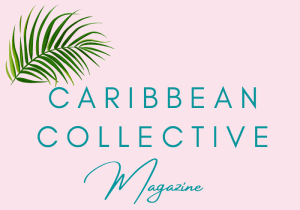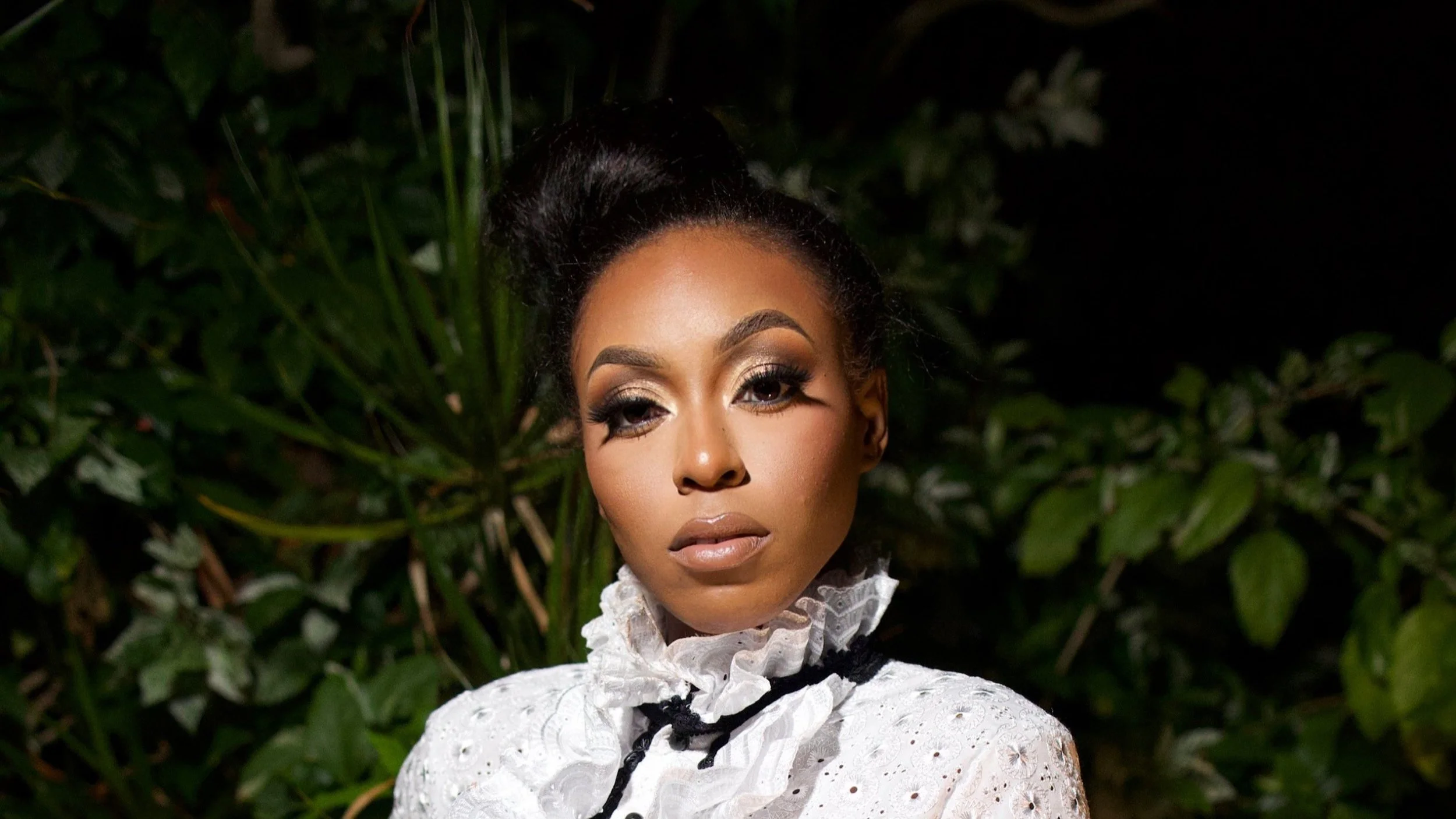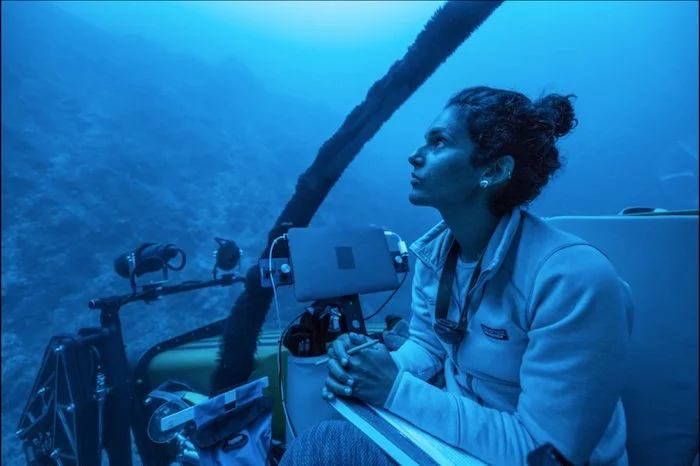Miami’s Delou African Dance Ensemble Returns to Tradition Through Music and Dance
Delou Africa Dance Ensemble, Photo courtesy of Njeri Plato and History Miami Folklife
written by E. Osborne
When Trinidad and Tobago native Njeri Plato relocated from Brooklyn to Miami in 1981, companies performing traditional African music and dance were few and far between. Because of this dearth of cultural offerings, Plato resolved to do her part to put Miami on the map as an African and African-derived music and dance mecca.
Plato studied with the noted Senegalese percussionist and choreographer Mor Thiam (father of the singer-turned-entrepreneur Aliaune Badara Thiam, popularly known as Akon), who had settled in the city to teach and perform. In 1985 and 1987, Plato traveled with Thiam to Senegal and The Gambia to immerse herself in the music, dance and other aspects of the traditional culture of the areas. On Plato’s return to Miami, she felt sufficiently prepared to start her own performing arts company at the suggestion of her Senegalese dance teacher. She named it Delou Africa Dance Ensemble.
[Read More: Caribbean Art Duo Make Waves at Miami’s Art Basel]
Delou means ‘back to’ or ‘return to’ in Wolof, a major language of the West African nations of Senegal and The Gambia. Think of the word as being analogous to the Sankofa bird Adinkra symbol of Ghana’s Akan people, which looks backward while moving forward—the meaning being that you reach back into your history to fetch the resources that will enable you to move forward.
Since its founding in 1987, Delou Africa has gone on to become one of the nation’s premier West African performing arts companies. Now a non-profit entity, Delou Africa offers classes in various drumming and dance techniques throughout the year at the Little Haiti Cultural Complex, museums and does community outreach to schools. Each August the ensemble produces Dance Africa Miami-African Diaspora Dance & Drum Festival of Florida at Florida Memorial University. The festival attracts drum and dance enthusiasts from across the United States and abroad. It takes place August 2-4 and will feature presenters from various countries in continental Africa such as Guinea, Mali, Senegal, Ivory Coast and the Caribbean diaspora (the United States, Haiti, Cuba). The festival offers dance, drumming and sèkèrè (netted gourd rattle) workshops, an artisan marketplace, a health fair and will culminate with a spectacular concert by the school’s artists and invited performers.
The following is the result of a wide-ranging conversation with Plato and longtime friend and the ensemble’’s education resource manager Renée “Trini” Allong. In the conversation, which took place at the Little Haiti Cultural Complex, the pair looked back at their achievements and pondered their aspirations for the future.
1.In Trinidad and Tobago you have the Shango religious tradition that derives from that of the Yoruba people of Nigeria and Benin. Was there something in your family background that suggested a connection to the music and dance traditions of these areas? What caused you to focus on the music and dance traditions of Guinea, Mali and Senegambia?
Allong: I’m of Chinese and African descent. My mother’s side of the family is African, and my father’s side of the family is Chinese. I believe that the African part of my heritage is from the areas of Mali and Senegal, and that is the major thing that led to my interest in the music and dance of those areas. What did it for me was when Pearl Primus came to perform at the school I attended in New Rochelle, New York. She brought thunder!
Plato: My family and I came to the United States when I was 9. At some point – probably about five years after that – I went to a concert by the Senegalese National Ballet. That experience was what made me want to learn African dance, so I later enrolled in a class taught by Hazel Bryant, a lead dancer with the International African American Ballet, at Brooklyn’s Uhuru Sasa Shule.
2.What’s your vision for Delou Africa in 10 years?
Plato: You know, we were just talking about that. I know that plans don't always unfold how you would like them to, but just in a general sense.
Allong: I’d like to say that we look toward being a premier traditional African dance group.
3. Do people already consider the ensemble a premier dance group?
Allong: Yes. In a sense, we are a premier West African dance group, but we’re always moving forward, always trying to improve on what we do in terms of dance, music, folklore, singing….
Plato: One of the tangible things we’d like to have is our own facility so that we can do the things that we need to do. That way, when performers and other presenters come from out of town, for example, we would be able to host and not have to put them up in hotels. So, yes, that is one of the long-term goals.
Founder Njeri Plato (right) and Renee “Trini” Allong, Photo courtesy of History Miami Folklife
5. What has been one of the most challenging problems since you founded the organization?
Plato: One of the things that we’re struggling with right now is just finding sponsors that will stand behind Delou and give us what we need to move forward. In other words, identifying Foundations that will give us unrestricted money. Most of the grants that we get are restricted. They tell you what to do with that money and there are so many other things that we need to do besides what they tell us to do.
Allong: The question now is what do we have to do to present ourselves so that we attract those monies – those funders who will say, ‘Yes, we will put our money on them.’ We believe that we’re doing great things in the community. We are documenting history, you know…using dance, storytelling, the music.
Plato: And here at Delou we believe in giving back to the community – all the time. For example, we just had two people walk into a class, and when we told them how much the class was, they couldn’t afford it, so they asked if they both could take the class but pay for one. We agreed because we don’t want people to miss out on such great cultural offerings.
Allong: In keeping with that, we make it our duty to our ancestors that we stay as authentic as we can, and that we stay true to the tradition by not placing overdue emphasis on making money.
6. There are health benefits that accrue from physical dancing, but what are some of the other benefits?
Plato: A major benefit is history and legacy. The benefit of knowing history as it pertains to Black and Brown people: Your origins, knowing where you came from. Knowing that it did not start with slavery. We take them away from that and back to the times of the kings and queens, and the empires, the times when we were rulers.
Allong: Just through the dance, people can understand that we had sophisticated societies – societies that had structure to them. The dance may be associated with, say, a baby naming ceremony, and the idea of who comes to that ceremony, how they dress, how they are expected to behave, just shows the structure that we had.
There are those who think of African dance as being about mindless shaking and jumping about…I mean, shaking and such have a place, but we provide the context for the dance so that you see the sophistication in the societies they come from. For example, we perform dances in which we explain how babies are named, and we also give background for other dances such as rites of passage and courtship dances.
Plato: We’re also open as we don’t know it all. We open up ourselves to learn. In keeping with the first word in the company’s name, to move forward, we have to know more about our history. So when people come into our lives, and they can teach us things, and it’s authentic, we’re receptive.
7. I believe you made a trip to T&T a while back to look into the possibility of working with African music and dance devotees there. What were you able to accomplish during the trip?
Plato: Actually, we could not go to Trinidad because of COVID. Instead we collaborated virtually with the Wa Wo Performing Arts Company of Trinidad and Tobago in producing a video: “Footprints: Timeless Impressions of the African Diaspora.”
The video is a significant first step in establishing a working relationship. It enabled Delou members to become more familiar with the traditional music and dance of Trinidad and Tobago and for the members of Wa Wo to familiarize themselves with the various music and dance traditions of Guinea, Mali and the Senegambia region of West Africa.
Delou Africa is a culmination of cultural celebration. From history West African dance to dance collaborations in Trinidad the ensemble continues to forge a future of arts, expression and immersion.
To learn more about Delou Africa Dance Ensemble please visit their website.






